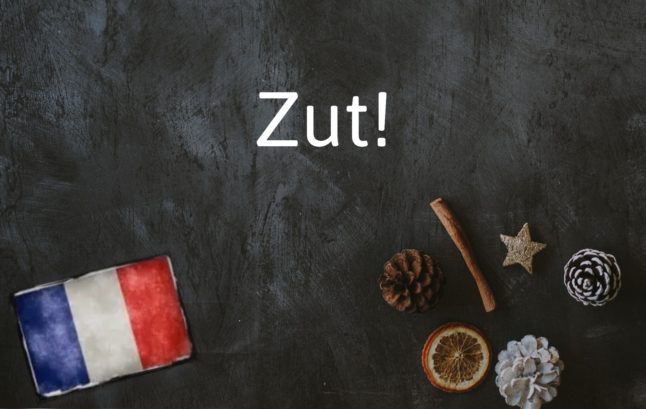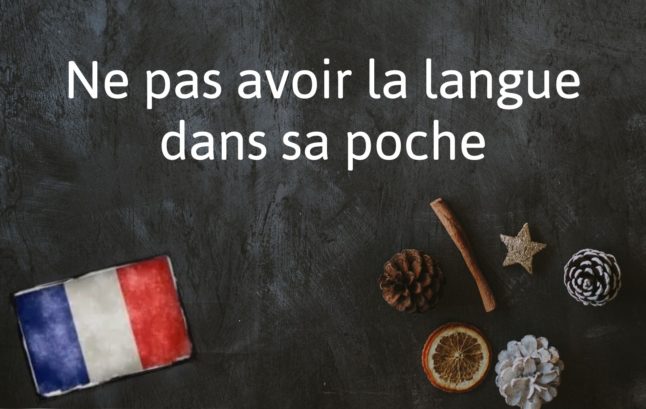Why do I need to know zut ?
Because this is a polite way to express frustration in France.
What does it mean?
Zut – roughly pronounced zoot – is a French interjection that basically means “damn” or “shoot”.
If you lose the card game, drop a plate or accidentally step in dog poop, you might let out a zut! in frustration.
While colloquial, it is not very offensive and you are most likely to hear older people or children using it.
That being said, it is not very commonly used and it is falling out of fashion, especially among young people.
You are more likely to hear the average frustrated French person use swear words like putain, or the more sanitised, family-friendly versions such as purée or mince.
READ MORE: Cows and bugs: How to ‘swear’ politely in French
The French dictionary La Rousse defines zut as a way of expressing “spite, weariness, indifference, contempt, or refusal.”
French textbooks in the anglophone world seem strangely convinced that French people say ‘zut alors‘, but this is very rarely heard in France.
Use it like this
Oh zut, tu as gagné ! Je n’ai toujours pas de cartes correspondantes. – Oh shoot, you win! I still do not have any matching cards.
Zut ! J’ai fait tomber l’assiette ! – Damn! I dropped the plate!



 Please whitelist us to continue reading.
Please whitelist us to continue reading.
Member comments